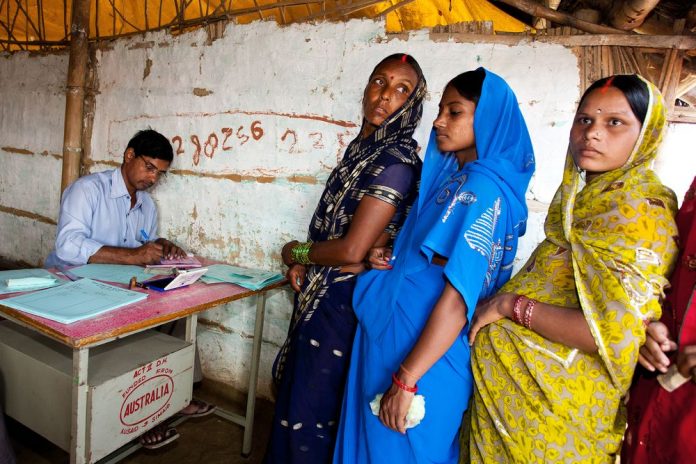
In India, the coronavirus pandemic and the subsequent lockdown have put a heavy burden on the already fragile and overworked medical infrastructure. As a major chunk of the country’s medical resources and medical practitioners have been involved in coronavirus relief related work and most medical facilities have seen a drastic decrease in normal services for patients with other ailments, a major medical service that has been compromised on is women’s access to safe abortive procedures.
In the first three months of the coronavirus lockdown, March 25 to June 24, more than 4% of the estimated 3.9 million abortions that would have taken place in most likelihood in India within the stipulated time under normal circumstances could not be conducted and people’s access to this facility was heavily compromised.
This means that nearly 1.8 million women in India who wanted to get an abortion done in this period to terminate a pregnancy they didn’t want, couldn’t avail the service. These 1.8 million women couldn’t get access to abortion facilities according to a modelling study conducted by the Ipas Development Foundation, India, which is a body which works for preventing and managing unwanted pregnancies in the country.
Out of all the Indian women who couldn’t access abortion facilities amid the coronavirus lockdown, 80% or 1.5 million compromised abortions because there was a lack of availability of medical abortion drugs at medical stores. This was disclosed by the very important study mentioned above.
Some of the important reasons that the study states for women being unable to seek abortions are as follows-
- A large number of public health facilities were converted to COVID-19 care facilities limiting people’s access to medical abortions
- Most of the manpower and staff in clinics and hospitals were overburdened with coronavirus related works and therefore lacked both time and opportunity to deal with patients who needed to get an abortion
- A huge shrinkage in the number of available private clinics
- Supply chain disruption and unavailability of contraceptives and stock out of other contraceptive devices
- Lack of transportation facilities to take women to medical healthcare for abortions or other processes.
- Temporary suspension of the provision for sterilisation and IUCDs according to the Ministry of Health and Family Welfare’s advisory till mid-May, after which the guidelines were revised.
- Involvement of ASHA workers in coronavirus related works, disturbed their role in community level distribution of contraceptives
- Women feared going to health centres to get their abortions, as they feared getting infected with coronavirus at the heath facility.
The estimate has been arrived at by using data collected through phone surveys of 509 public sector facilities across 8 states of India and 52 private sector providers, collection of opinion from experts and members of the Federation of Obstetric and Gynaecological Societies of India, data on sales of medical abortion drugs and trend estimations in the India pharmaceutical companies.
The next important reason for these women being unable to access abortion facilities is due to reduced access to both private as well as public health facilities amid the pandemic.
On an average, 15.6 million abortions take place in India annually and more than 70% of these are through the consumption of drugs outside both private and public facilities. 16% take place in the private health facilities and 5% through traditional and risky methods.
These revelations and trends had been established by a study published in The Lancet in 2015. Lack of awareness and usage of contraception is a result of innumerable pregnancies in India and the resorting to unsafe traditional procedures.
These unsafe procedures lead to maternal deaths and risk women’s lives for ever. The result of being unable to opt for a pregnancy can be that women would have to continue with an unwanted pregnancy or undergo late-term or unsafe abortions.
It is for these reasons that it is extremely important that the government embeds sexual and reproductive health into the larger disaster management programme of the country and makes sure that millions of India’s abortion seeking women are not made to suffer.













